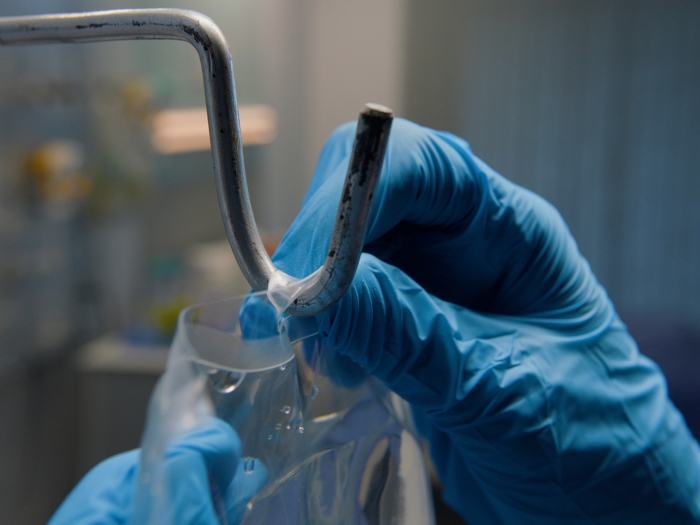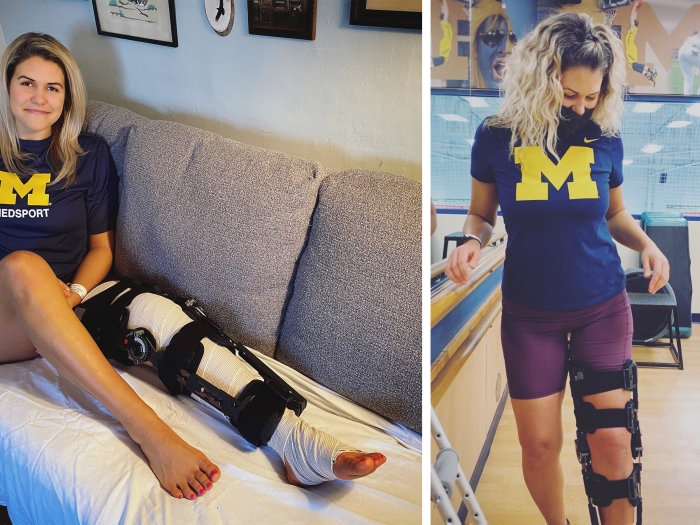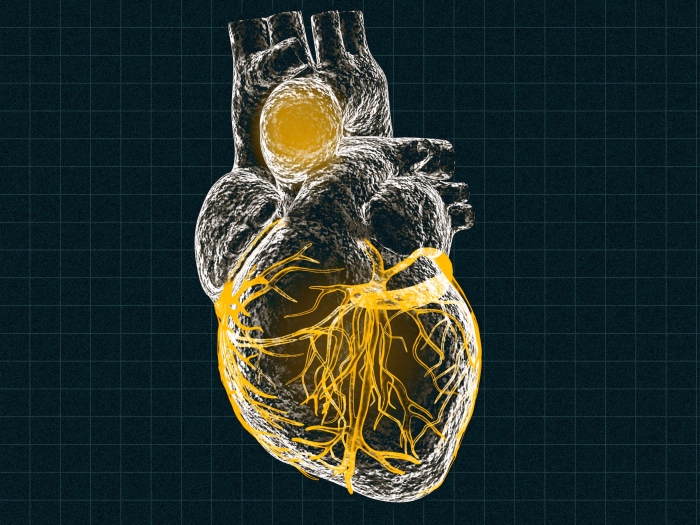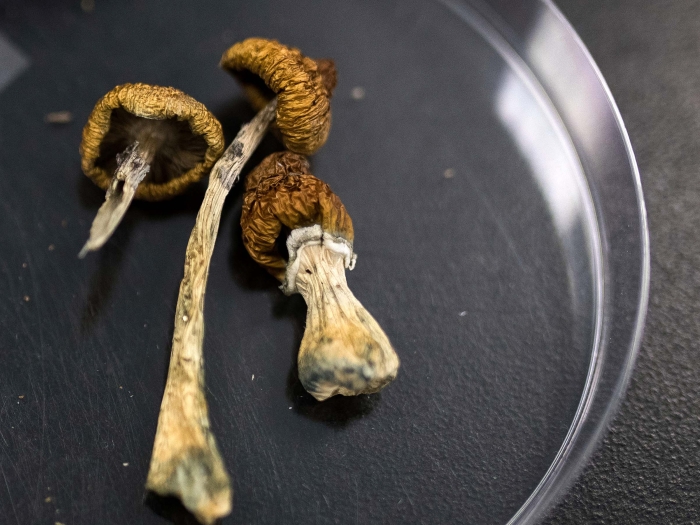27 locations in 16 counties taking part in prescription take back events organized with help from U-M’s Michigan-OPEN team
Author |
Spring cleaning isn’t just for dust and grime – medicine cabinets need it too, especially in the face of a growing epidemic of misused prescription drugs such as opioid painkillers.
On Saturday, April 28, Michigan residents in 16 counties will get a chance to get opioids and other unused and expired prescription medicines out of their medicine cabinets, through 27 simultaneous events.
From 10 a.m. to 2 p.m., hospitals, pharmacies, community organizations, and police departments around the state will take unneeded medications back at the locations listed below.
The statewide effort is made possible by local partnerships with the University of Michigan’s Michigan Opioid Prescribing Engagement Network (Michigan OPEN).
Michigan-OPEN has created a free manual to help groups hold community opioid and medication take-back events, and provide a safe process for disposing of unused medications in order to protect communities, children and the environment.
The April 28 medication take-back events will be held at:
Calhoun County:
Battle Creek: Bronson Battle Creek Hospital, 300 North Avenue
Clinton County:
Clinton: Village of Clinton Police Department, 322 E. Michigan Avenue
Genesee County:
Flint: Powers Catholic High School 1505 W Court Street
Jackson County:
Jackson: Center for Family Health, 505 N Jackson Street
Kalamazoo County:
Kalamazoo: Bronson Methodist Hospital 601 John Street
Keweenaw County:
Eagle River: Keweenaw County Sheriff's Department 5105 4th Street
Lapeer County:
Lapeer: Lapeer Police Station, 2300 W. Genesee Street
Livingston County:
Pinckney: Pinckney Town Square Park, East Main Street
Macomb County:
Roseville: The American House East 18760 13 Mile Road
Macomb: Beaumont Medical Center – Macomb, 15979 Hall Road (northeast parking lot)
Monroe County:
Monroe: Promedica Regional Hospital, 718 North Macomb Street
Oakland County:
Royal Oak: Beaumont Hospital Administration Building, 3535 West 13 Mile Road
Wixom: Wixom City Hall, 49045 Pontiac Trail
Commerce Township: Westlake Health Campus, 6000 Walled Lake Villa Drive
Pontiac: St. Joseph Mercy Oakland, 44405 Woodward Avenue
Ottawa County:
Holland: Walgreens, 494 Butternut Drive
Saginaw County:
Saginaw: Covenant Healthcare 700 Cooper Street
Van Buren County:
South Haven: Shoreline Wellness & Rehab Center, 950 S Bailey Avenue
Mattawan: Antwerp Township Activity Center, 24821 Front Avenue
Washtenaw County:
Ann Arbor: St. Francis of Assisi Catholic School, 2270 East Stadium Boulevard
Chelsea: Chelsea Retirement Community, 805 W. Middle Street
Ypsilanti: West Willow Community Resource Center, 2057 Tyler Road
Wayne County:
Livonia: New Oakland Family Center 31500 Schoolcraft Road
Wayne: Beaumont Hospital, 33155 Annapolis Street
Clinton: Village of Clinton Police Department, 322 East Michigan Avenue
Dearborn: Beaumont Hospital, 18101 Oakwood Blvd., Fitzgerald Pavilion entrance
Flat Rock: Flat Rock Towers Co-op, 28744 Telegraph Road
Also on April 28, the U.S. Drug Enforcement Agency’s National Take Back Initiative includes takeback events at law enforcement locations around the country. Find one at https://www.deadiversion.usdoj.gov/drug_disposal/takeback/
Facts about prescription drug misuse:
The United States is currently experiencing an epidemic of prescription drug misuse and abuse. Since 1999, overdose deaths involving prescription opioids have quadrupled. Every day, 115 Americans die from an opioid-related overdose – more than the number of people killed in car accidents or by guns.
Every 10 minutes a child visits the emergency room for medication poisoning, and 12.5 million people age 12 and older misused opioids in the last year. Three in five teens say prescription pain medication is easy to get from their parents’ medicine cabinet

Department of Communication at Michigan Medicine




